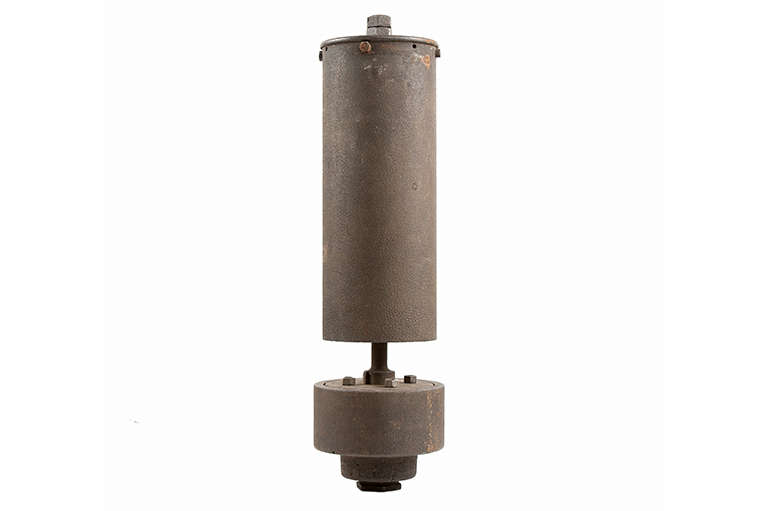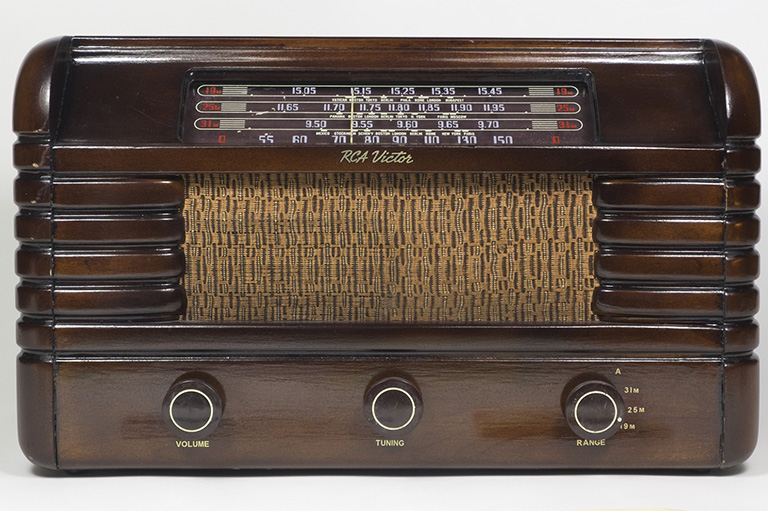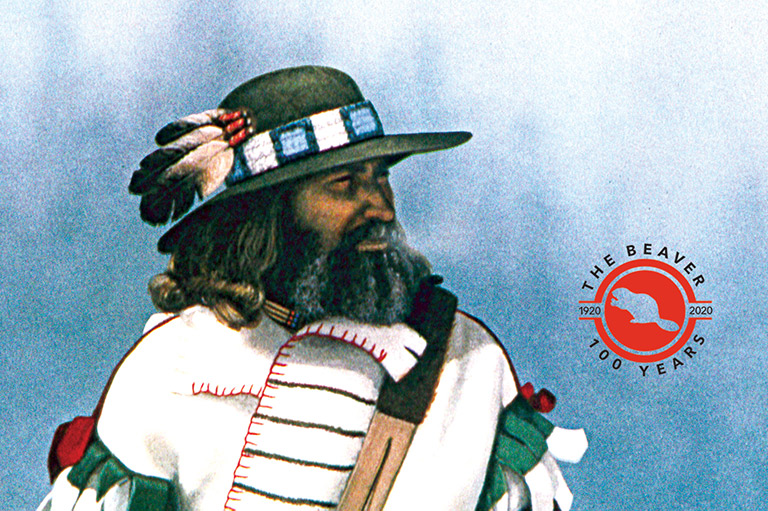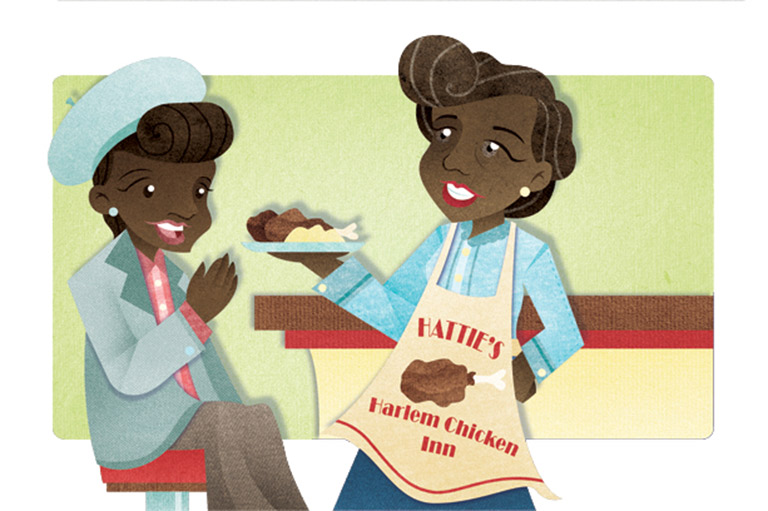Beer Bottle
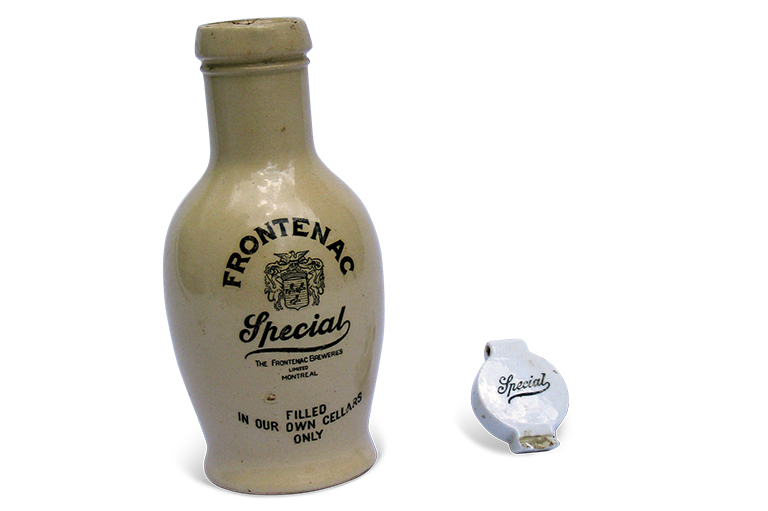
Beer was a French-Canadian staple from the earliest days of New France — especially among working-class people. Between the founding of Quebec in 1608 and the English conquest in 1760, a dozen professional brewers supplied the colony, and many inhabitants produced their own beverages as well. Beer was a substitute for wine and strong liquor, which were not widely available.
After the conquest, the situation remained largely unchanged, apart from the increased importation of British beers. It was not until brewing became industrialized in the early nineteenth century that Canadian production really took off.
The big breweries — like Molson, Dawes, and Dow — were run by English Canadians, until Joseph Beaubien founded Frontenac, the first French-Canadian brewery, in 1913. Calling itself the “Brewery of the People,” Frontenac targeted residents of the nearby working-class neighborhood of Mile End. The company merged with National Breweries in 1926, then in 1951 further consolidated with Canadian Breweries, which discontinued the brand.
In 1919, every Canadian province voted in favor of prohibition except Quebec, which rejected the measure by more than seventy-five per cent. While ninety per cent of Quebec municipalities nevertheless banned alcohol, those that allowed it, such as Montreal, became popular destinations.
With 7 uniquely curated newsletters to choose from, we have something for everyone.
Themes associated with this article
Advertisement
More objects from 50 Merveilles
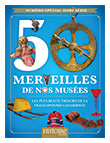
This special issue of Histoire Canada highlights beautiful treasures from Franco-Canadian communities across Canada. Available in French only.

